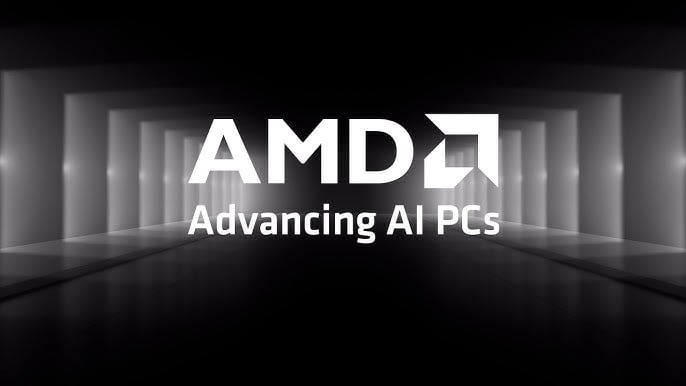Thanks to artificial intelligence, Nvidia DLSS (Deep Learning Super Sampling) is currently the leading force in upscaling. Using a different method, AMD FSR (FidelityFX Super Resolution) has struggled to match its rival. Soon, Team Red could add a pinch of AI to even the playing field.
As reported by Digital Trends, AMD’s chief technology officer Mark Papermaster spoke with No Priors Podcast. The interview is fairly interesting throughout, but the juicy stuff is all packed at the end, talking about AMD’s future. To nobody’s surprise, the big focus is on AI and how it plays a part in everything, including gaming.
“We just completed AI-enabling in our entire portfolio, so cloud, edge, PCs, embedded devices, gaming devices,” Papermaster explains, billing 2024 as a huge year for the company. “We’re enabling our gaming devices to upscale using AI.”
It sounds like the brand wants to improve its third-generation FidelityFX Super Resolution, or FSR3 for short. Unlike Nvidia DLSS and Intel XeSS, it’s the only upscaling technology not to leverage AI of some sort. It’s swings and roundabouts for Team Red. On one hand, AMD’s solution is hardware agnostic, able to run on most graphics cards. On the other, it’s also much weaker.
DLSS 3 is a huge boon to Nvidia GPUs with its hardware approach. It leans on Tensor Cores to take a lower resolution image, then applies machine learning data to render it higher. This takes the stress away from your gaming PC, giving you more frames per second. The technique is so good nowadays that some images even look better than they did before. To us, it just looks like magic. FSR, however, relies on a less-precise algorithm.
It’s highly unlikely that AMD’s current generation of GPUs will undergo any changes. After all, it’ll probably need to factor in dedicated hardware. Instead, we look towards Radeon RX 8000 Series for possible answers. The upcoming range hasn’t had the best rumours so far, with whispers suggesting it won’t even try to compete in the high-end segment. What better to cement your place in the value market than with a better upscaler?
It’ll be interesting to see how these AI boosts take shape in the other areas. We’ve seen upscaling, and you can theoretically have GPUs and processors that predict what you’re going to load up next to help boost performance. Still, there are a lot of questions that aren’t answered in this little teaser.

